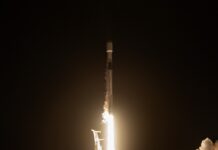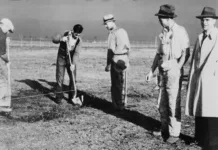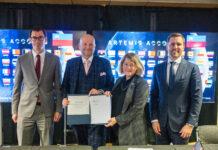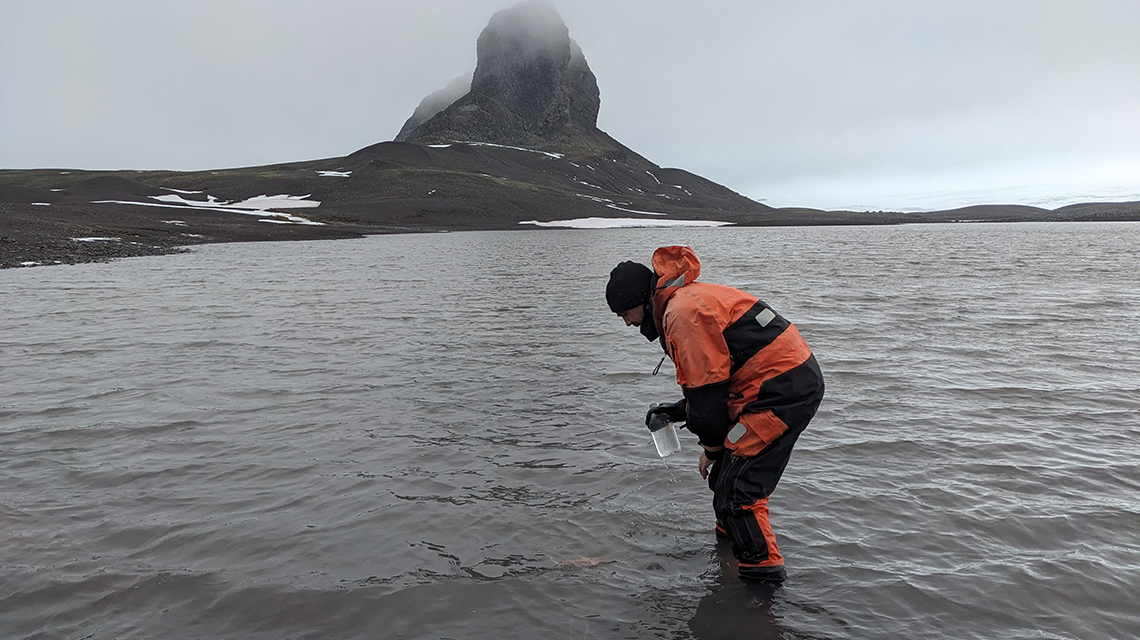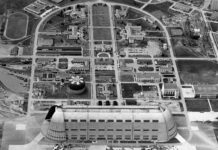Tackling Plastic Pollution with Nuclear Technology: The NUTEC Plastics Initiative
In a world increasingly overrun by plastic waste, innovative solutions are needed to combat this environmental crisis. The NUclear TEChnology for Controlling Plastic Pollution, or NUTEC Plastics, is a groundbreaking initiative that leverages nuclear-derived tools and technologies to address the issue from two crucial angles. On one hand, it focuses on improving plastic upcycling at the source, introducing advanced technologies to transform waste into reusable materials. On the other hand, it monitors and assesses the vast amounts of plastic pollution that end up in our oceans.
The International Atomic Energy Agency (IAEA) supports this initiative by working alongside various countries to tackle the escalating threat of plastic pollution. Their goal is to empower these nations with the necessary knowledge and capabilities to evaluate, monitor, and mitigate the impacts of this global challenge.
Understanding NUTEC Plastics’ Approach
Recently, during a side event at the 68th IAEA General Conference, experts from NUTEC Plastics shared preliminary findings with delegates, focusing on the development of protocols and the analysis of microplastic particles. Microplastics are tiny plastic fragments that result from the breakdown of larger plastic debris. These particles can infiltrate ecosystems and pose significant risks to marine life and, ultimately, human health.
IAEA Research Scientist Marc Metian highlighted the initiative’s focus on microplastics, specifically those smaller than what previous research has typically analyzed. "While microplastics have been studied for a few years now, we are now addressing the presence of microplastics even smaller than what previous research has been able to analyze," Metian explained. He emphasized the complexity involved, noting that the techniques and protocols for these smaller particles have not been harmonized, making it a time-consuming process to develop and test effective methods. "Preparation and analysis can take up to twenty days for just one sample," he added.
The Significance of Protocol Development
The development of protocols for analyzing microplastics is a critical component of the NUTEC Plastics initiative. Protocols refer to a set of standardized procedures that ensure consistency and reliability in scientific research. By establishing uniform methods for analyzing microplastics, researchers can produce comparable results, facilitating international cooperation and data sharing.
This standardization is particularly important when dealing with microplastics, as their minute size and widespread presence make them challenging to study. Harmonized protocols can lead to more accurate assessments of microplastic pollution, enabling more effective strategies for its mitigation.
Advancing Plastic Upcycling Technologies
In addition to its focus on microplastics, the NUTEC Plastics initiative is also pioneering advancements in plastic upcycling technologies. Upcycling refers to the process of converting waste materials into new products of higher quality or environmental value. By improving upcycling methods, the initiative aims to reduce the amount of plastic waste that ends up in landfills and oceans.
Nuclear technology plays a crucial role in this aspect of the initiative. For instance, radiation techniques can be used to alter the properties of plastic waste, making it easier to transform into useful products. These technologies have the potential to revolutionize how we manage plastic waste, turning a significant environmental problem into an opportunity for sustainable development.
Monitoring Oceanic Plastic Pollution
The ocean is often the final destination for much of the world’s plastic waste. The NUTEC Plastics initiative recognizes the importance of monitoring and assessing plastic pollution in marine environments. By utilizing nuclear techniques, scientists can trace the movement of plastics in the ocean, providing valuable insights into their sources, distribution, and impact on marine ecosystems.
This information is crucial for developing targeted strategies to reduce oceanic plastic pollution. Understanding the pathways and accumulation zones of plastic waste helps policymakers and environmental organizations implement more effective measures to protect marine life and preserve ocean health.
Global Collaboration and Capacity Building
A key strength of the NUTEC Plastics initiative is its focus on collaboration and capacity building. By partnering with countries worldwide, the IAEA ensures that nations have the tools and expertise needed to combat plastic pollution effectively. This international cooperation fosters the exchange of knowledge and best practices, accelerating the development and deployment of innovative solutions.
Capacity building involves training scientists, researchers, and policymakers in utilizing nuclear technologies for environmental protection. Through workshops, seminars, and technical assistance, the initiative equips countries with the skills necessary to address plastic pollution comprehensively.
The Broader Impact of Addressing Plastic Pollution
The efforts of the NUTEC Plastics initiative extend beyond environmental benefits. Addressing plastic pollution has significant social and economic implications as well. By reducing plastic waste, countries can enhance public health, protect biodiversity, and promote sustainable economic growth.
Furthermore, innovations in plastic upcycling can create new economic opportunities, stimulating industries focused on recycling and sustainable product development. This shift towards a circular economy not only benefits the environment but also contributes to job creation and economic resilience.
Conclusion: The Path Forward
The NUTEC Plastics initiative represents a promising approach to tackling the pervasive issue of plastic pollution. By leveraging nuclear technology, the initiative addresses the problem at its source and in our oceans, offering innovative solutions for upcycling and monitoring plastic waste. As nations continue to collaborate and build capacity, the potential for significant progress in combating plastic pollution becomes increasingly attainable.
For more detailed information about the NUTEC Plastics initiative, you can visit their official page on the IAEA website here.
This comprehensive strategy not only addresses the environmental crisis at hand but also paves the way for a more sustainable and resilient future. By embracing innovative technologies and fostering international cooperation, we can make strides towards a cleaner, healthier planet for future generations.
For more Information, Refer to this article.


















